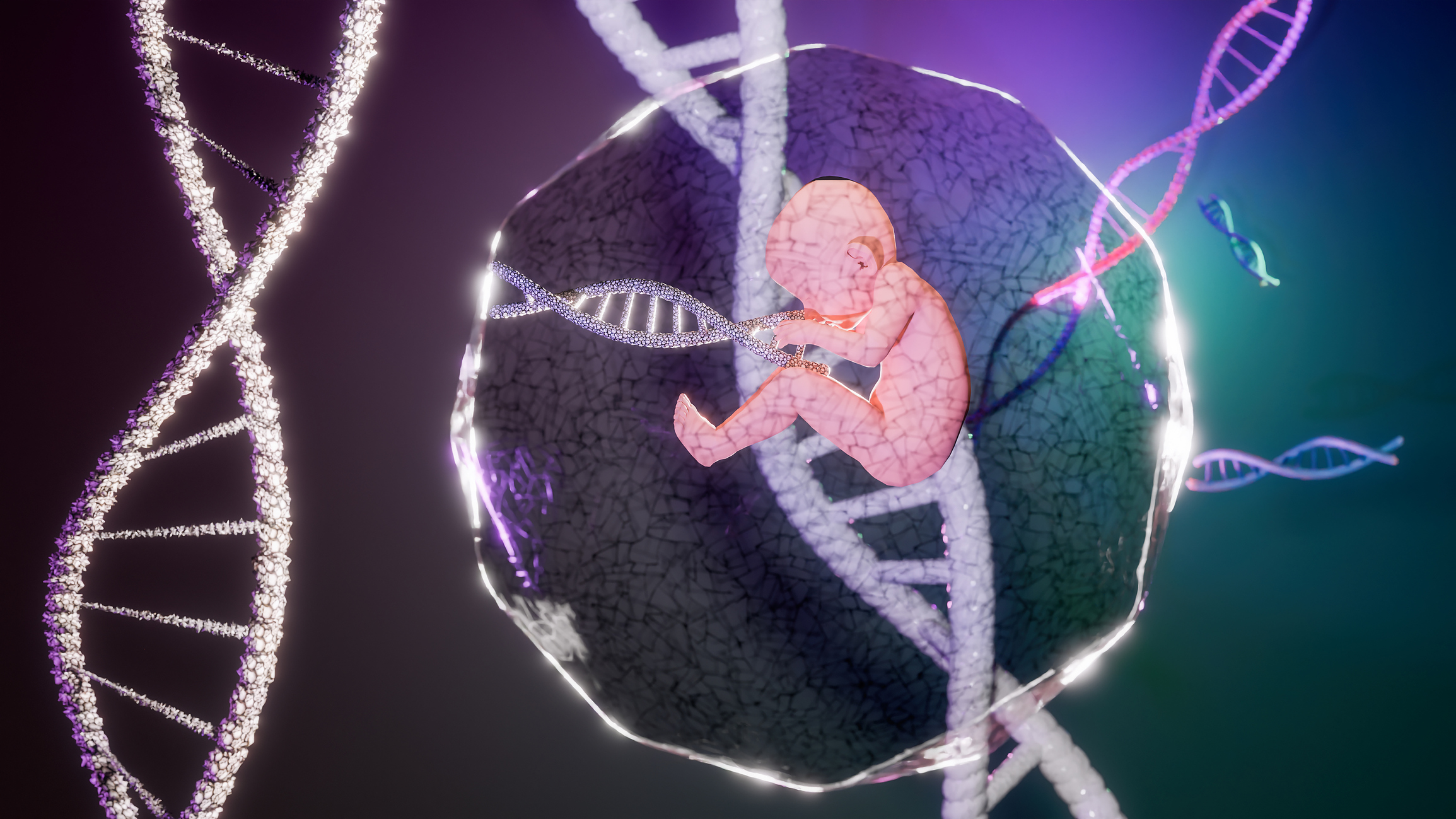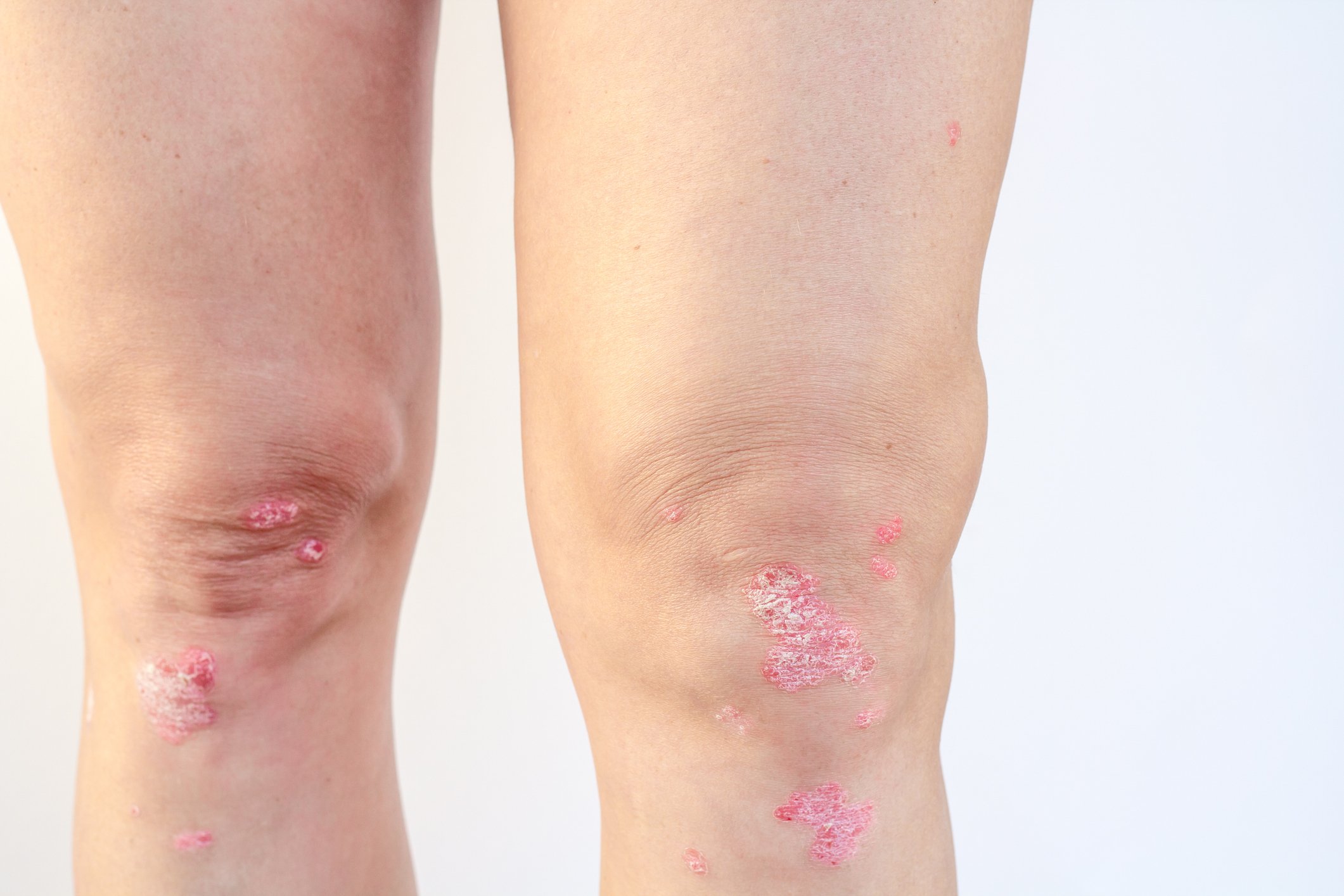Or: Why don’t all blue whales have cancer? Like elephants, these giant, long-lived mammals are not affected by malignancies more often than other species. Strange actually, considering the long life span and the large number of cells. The explanation for the inconsistency may lie in a complex interplay of different defense mechanisms against cancer and – paradoxically – in the size of the animals themselves.
Despite more cells that could in principle mutate and a longer period of time in which various mutations could occur, cancer is no more common in particularly large and long-lived mammals such as elephants and blue whales than in smaller contemporaries with a shorter life expectancy. With this paradox, the still living British scientist, statistician and epidemiologist Sir Richard Peto immortalized himself in 1975. Although his scientific focus was mainly on the development of meta-analysis and a relentless fight against tobacco smoking, he gave his name to the description of the phenomenon, which has not yet been fully explained, that large mammals do not get cancer more often [1].
In general, living longer and having a greater number of cells does not seem to increase the risk of cancer when comparing species – paradoxically. For example, an average human lives about 50 times longer than an average mouse and consists of about 3000 times more cells. Nevertheless, the probability of developing cancer is about the same for mice and humans – good for the mouse model and yet not entirely logical. In general, the risk of cancer varies by a factor of about 2 among mammals, independent of size and life expectancy [2]. Only in non-mammals is the probability of disease lower, although all vertebrate species can probably be affected by malignant tumors [3]. In principle, the mechanisms of carcinogenesis and cancer control are very similar among mammalian species; for example, they all possess tumor suppressor genes [4].
The why and wherefore
It is not yet clear why cancer does not occur more frequently in animals with a larger cell number and longer life expectancy – and thus also a greater number of cell divisions during development. Nevertheless, there are more and more theories that try to explain Peto’s paradox. While some scientists assume that the mutation rate in mammals decreases with increasing size, others attribute better repair and immune mechanisms and thus higher resistance to mutations to blue whales and elephants. In addition, theories exist according to which tumors reach growth limits as the size of the living organism itself increases – they therefore occur, but do not pose a threat to the organism. After all, the tumor mass lethal to a whale is over 100 kilograms. In the time it takes for the disease to progress to this point, further mutations occur within the tumor, which – so the theory goes – can slow down tumor growth overall. According to the theory, the development of a so-called “hypertumor” destroys the actual tumor [5,6].
This theory may be plausible, and yet there is evidence that the defense strategies of larger creatures against cancer are also better developed. For example, African elephants have more copies of the tumor suppressor gene TP53. While humans have only one copy, the gene is present at least 20 times in elephants [7]. The truth probably lies somewhere in the middle of the meanwhile numerous and diverse explanations. Hopefully, we can learn a few more things by further exploring Peto’s paradox. Also for modern oncology.
Literature:
- Richard Peto. www.ndph.ox.ac.uk/team/richard-peto (last accessed 08.07.2021)
- Peto R, et al: Cancer and ageing in mice and men. Br J Cancer. 1975; 32(4): 411-426.
- Galis F: Why do almost all mammals have seven cervical vertebrae? Developmental constraints, Hox genes, and cancer. J Exp Zool. 1999; 285(1): 19-26.
- Leroi AM, Koufopanou V, Burt A: Cancer selection. Nat Rev Cancer. 2003; 3(3): 226-231.
- Nagy JD, Victor EM, Cropper JH: Why don’t all whales have cancer? A novel hypothesis resolving Peto’s paradox. Integr Comp Biol. 2007; 47(2): 317-328.
- Nagy JD: Competition and natural selection in a mathematical model of cancer. Bull Math Biol. 2004; 66(4): 663-687.
- Abegglen LM, et al: Potential Mechanisms for Cancer Resistance in Elephants and Comparative Cellular Response to DNA Damage in Humans. JAMA. 2015; 314(17): 1850-1860.
InFo ONCOLOGY & HEMATOLOGY 2021; 9(4): 46.











